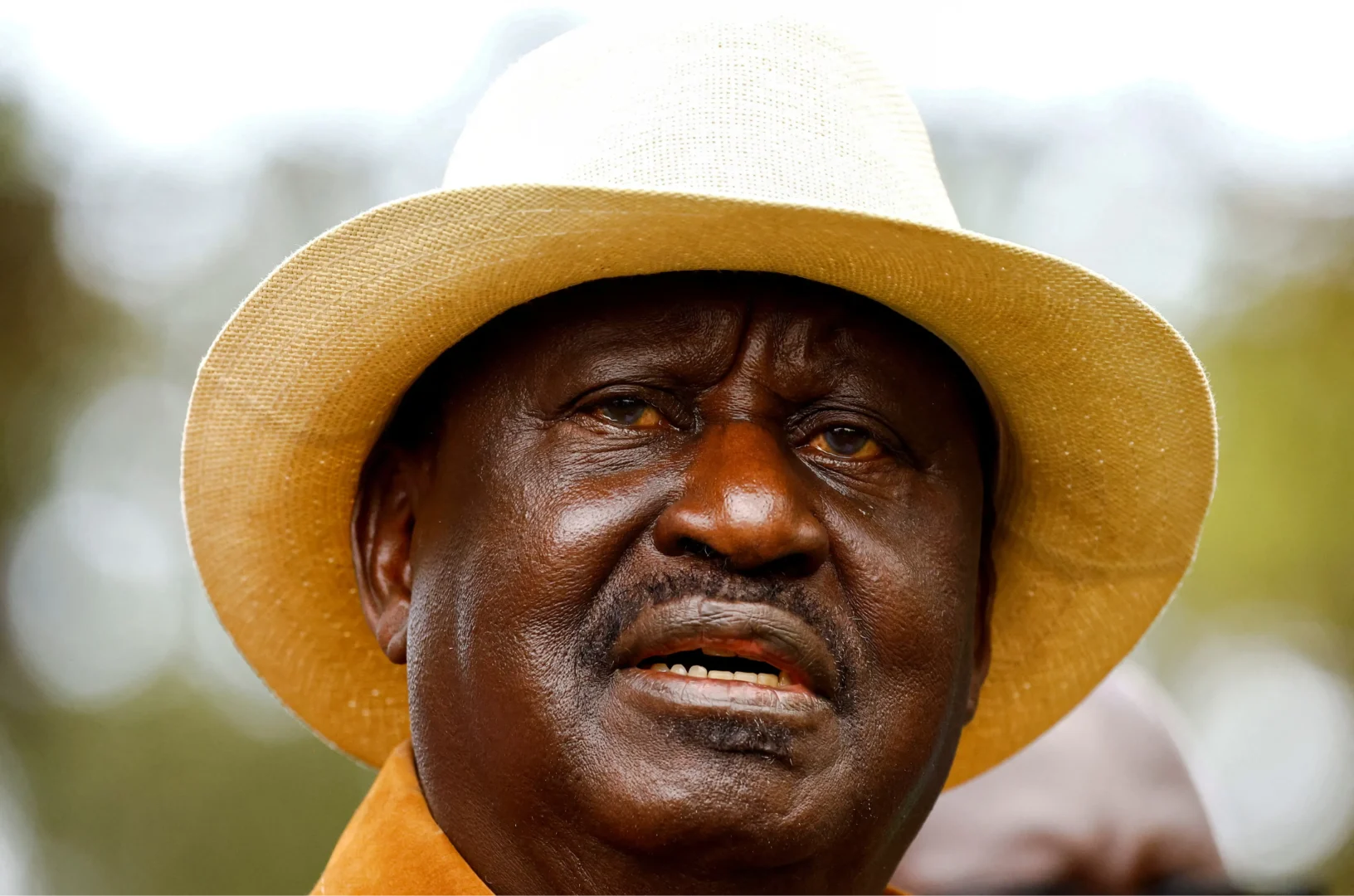KOCHI, India — Fresh details have emerged regarding the death of former Kenyan Prime Minister Raila Odinga, who passed away at the age of 80 in the Indian city of Kochi on Wednesday. The leader of the Orange Democratic Movement (ODM) was receiving specialized treatment when the incident occurred.
Indian news outlets, Mathrubhumi and The Hindu, were the first to report the circumstances, indicating that Mr. Odinga suffered a cardiac arrest during a routine morning walk. He had reportedly been under care at the Sreedhareeyam Ayurvedic Eye Hospital and Research Centre for five days prior to his death.
A spokesperson for the medical facility informed this publication that Mr. Odinga experienced breathing difficulties and collapsed at approximately 7:45 am. He was immediately rushed to a nearby private hospital, but his condition rapidly worsened.
Local police provided specific details on his companions at the time of the collapse. An Indian police security officer informed the news agency that the former Prime Minister was on his walk with his sister, daughter, and a personal doctor, alongside a Kenyan security officer.
These accounts offer clarity on the final moments of the veteran politician, whose recent absence from public life had fueled intense speculation about his health.
Also Read: Wiper Party rebuts ODM claims over Raila Odinga health rumours, calls allegations ‘desperate’
While his party and his elder brother, Siaya Senator Oburu Oginga, had publicly dismissed rumors of a critical illness just days earlier, stating he was merely “recuperating and resting” in India, the reports from Kochi confirm the sudden and severe nature of the medical emergency.
Born on January 7, 1945, Mr. Odinga was the son of Kenya’s first Vice President, Jaramogi Oginga Odinga.
He leaves behind a political legacy that includes a long tenure as the Member of Parliament for Langata (1992–2013) and a term as Prime Minister (2008–2013) under President Mwai Kibaki’s administration.
His career was marked by five unsuccessful but fiercely contested presidential bids and two periods of political detention between 1982 and 1991 for his opposition to the government of then-President Daniel arap Moi.

